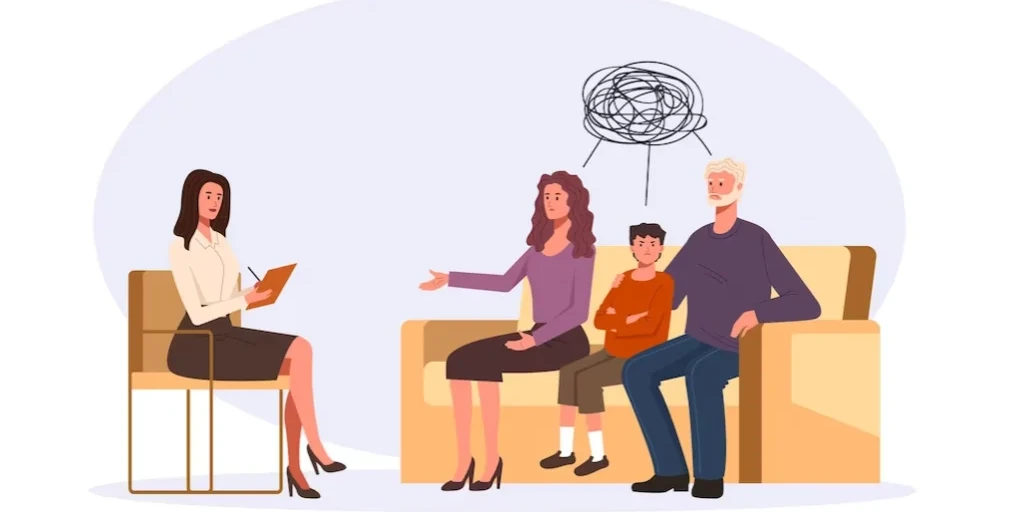24/7 Helpline:
(866) 899-221924/7 Helpline:
(866) 899-2219
Learn more about PTSD Treatment centers in Callahan County

Other Insurance Options

Covered California

Absolute Total Care

BlueShield

WellCare Health Plans

ComPsych

Evernorth

Sutter

Oxford

Humana

Carleon

Regence

CareFirst

MVP Healthcare

Premera

Horizon Healthcare Service

Optima

Cigna

Group Health Incorporated

GEHA
Beacon






















